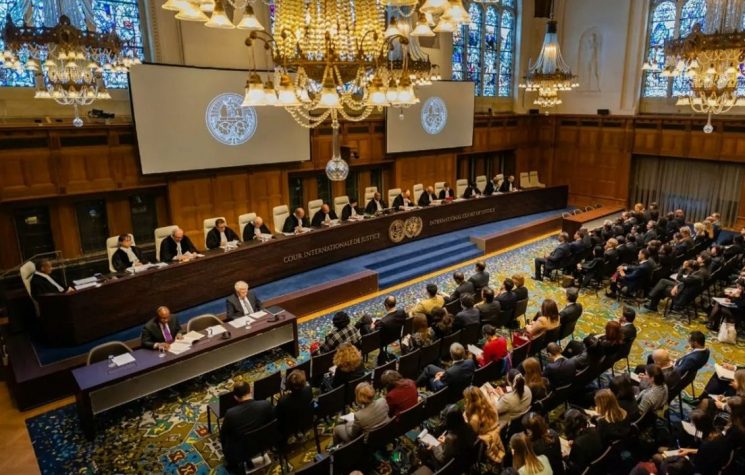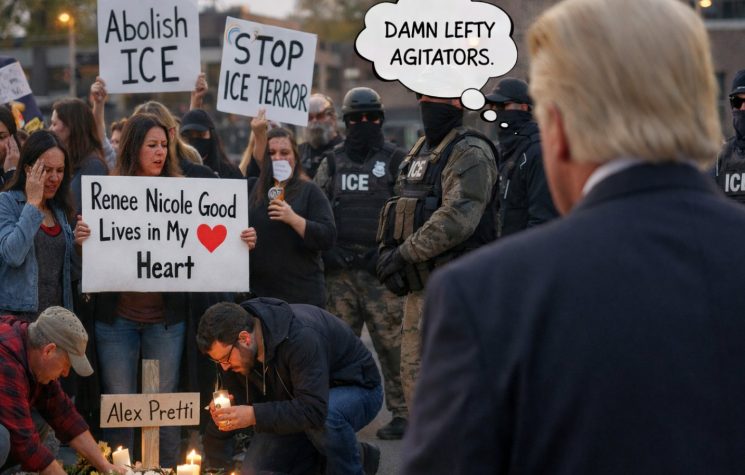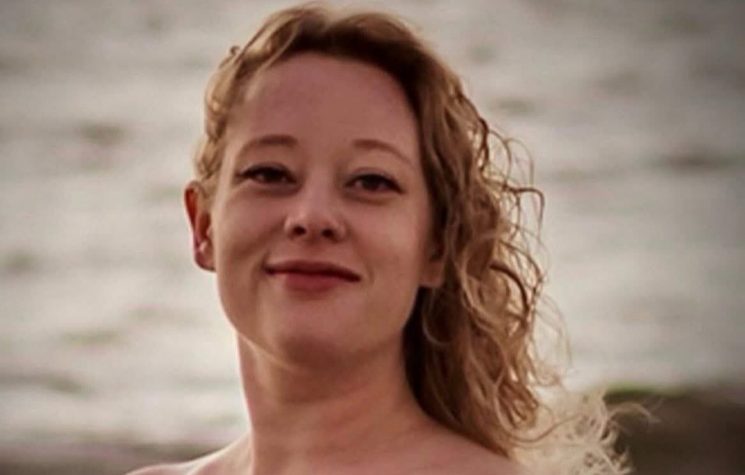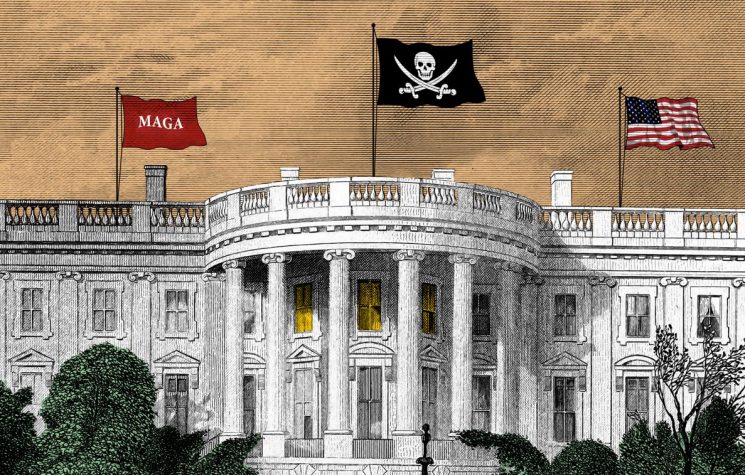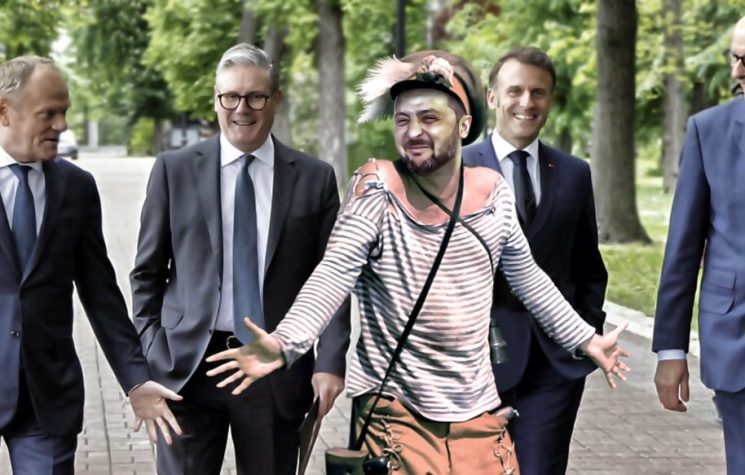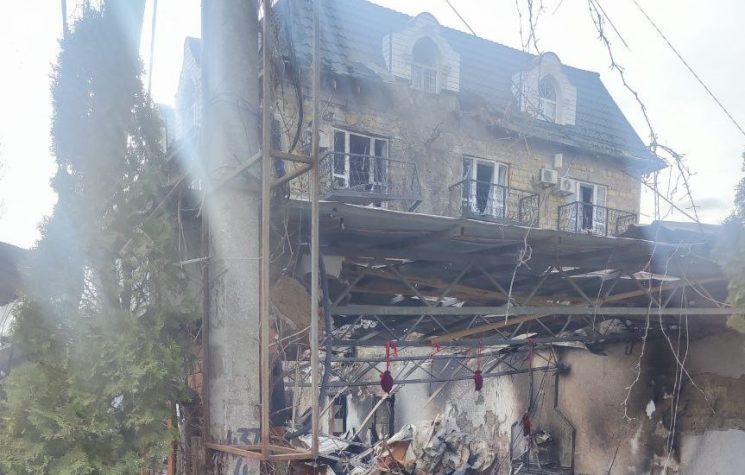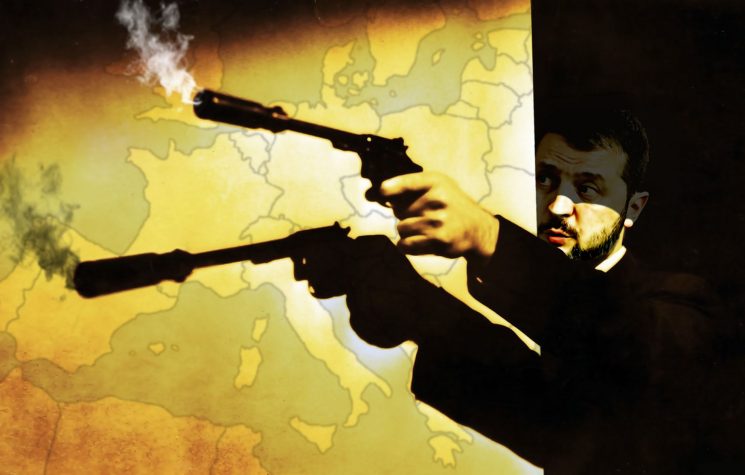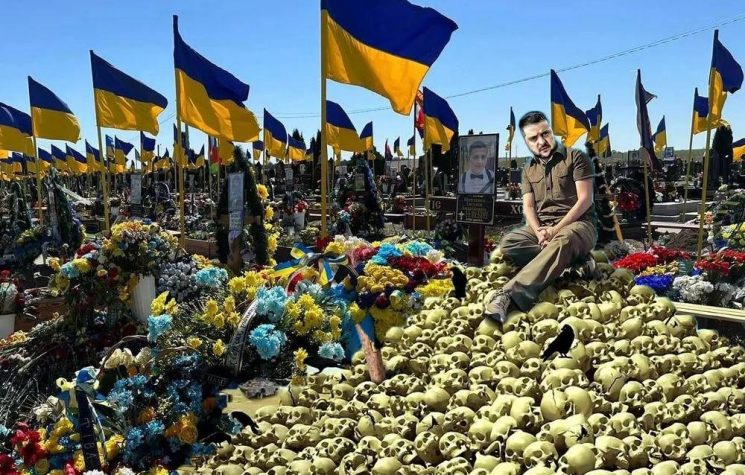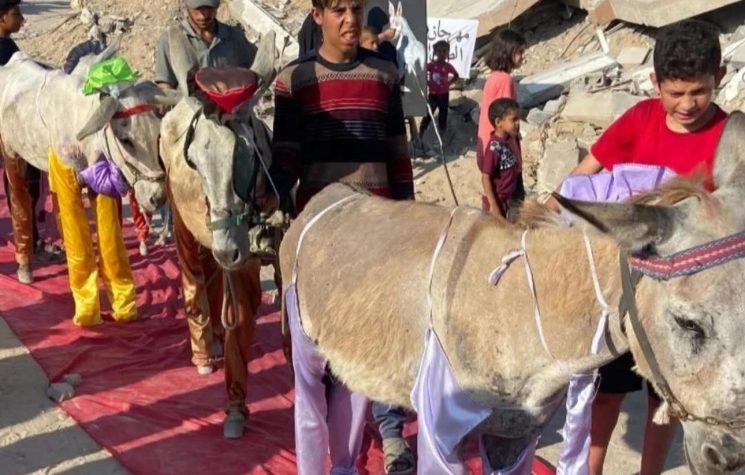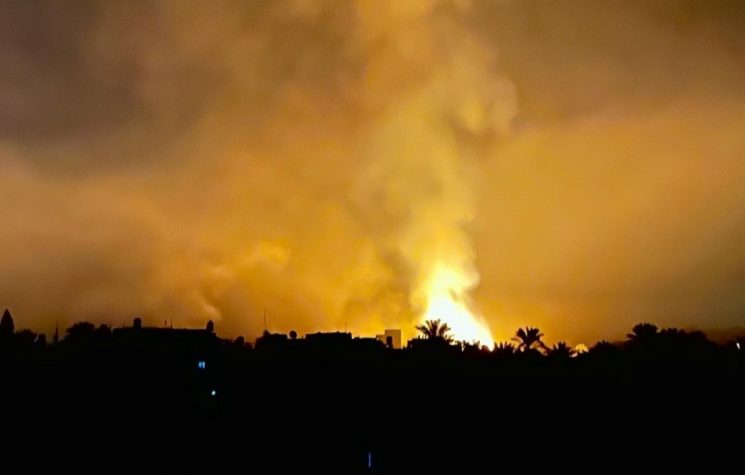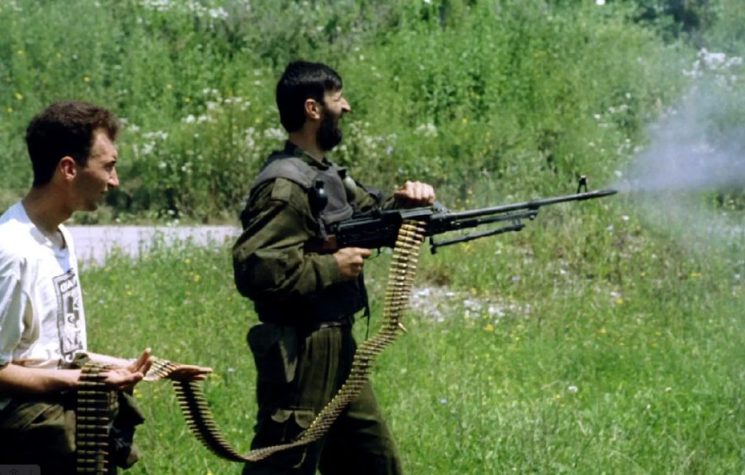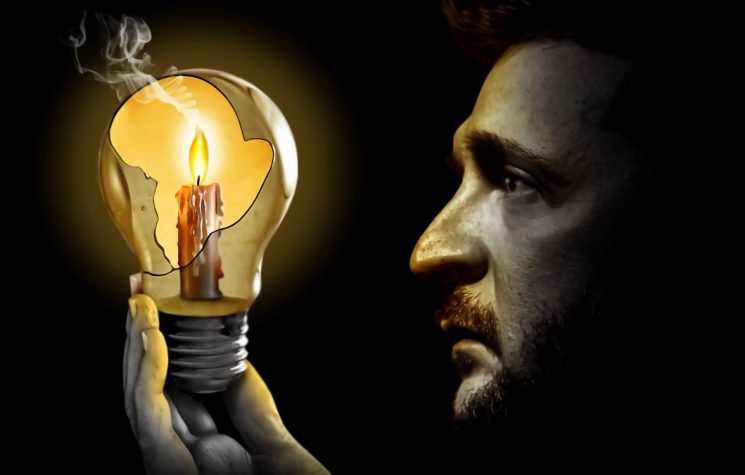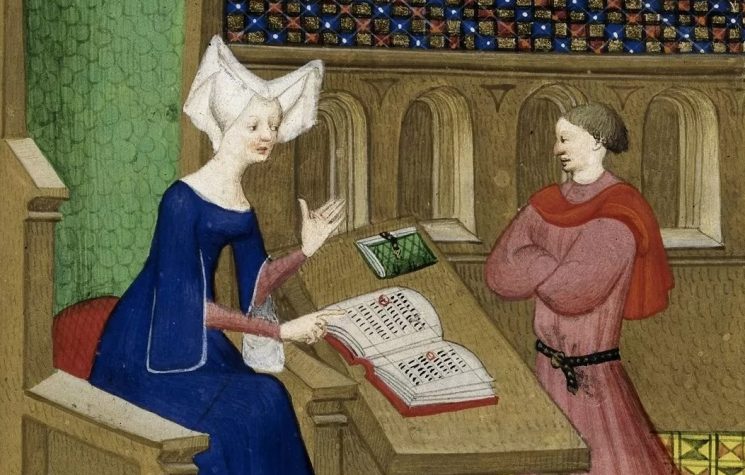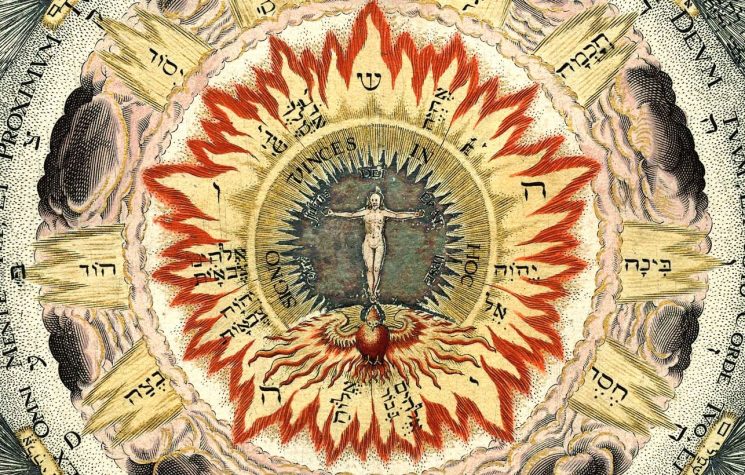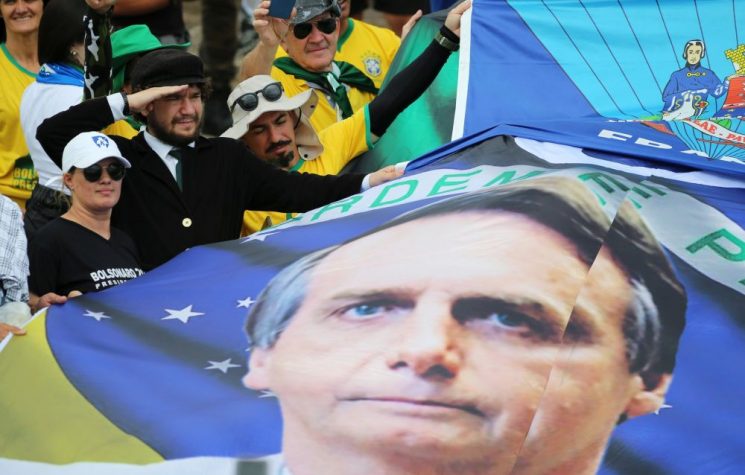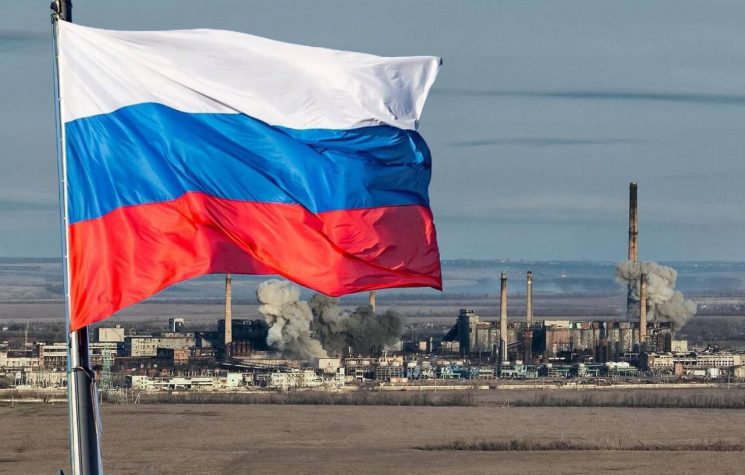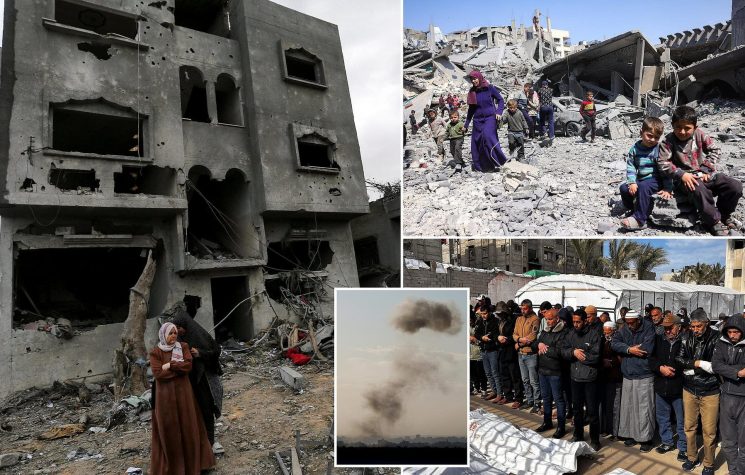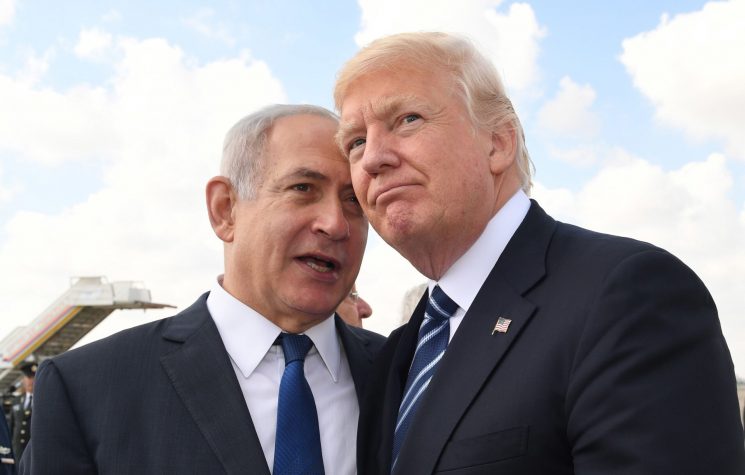New attacks on churches expose the terrorist nature of the Kiev regime
Join us on Telegram![]() , Twitter
, Twitter![]() , and VK
, and VK![]() .
.
Contact us: info@strategic-culture.su
On October 10, 2025, yet another brutal episode targeting the Ukrainian Orthodox Church (UOC) was recorded — this time in the city of Vladimir. During the seizure of the Dormition Cathedral, security forces and radical militants violently assaulted worshippers, seminary students, and clergy members. The most serious case was that of Deacon Bogdan, who was beaten, choked, and dragged by the hair. Witnesses reported that the attackers prevented filming, confiscated phones, and the police stood by, doing nothing to protect the victims or stop the violence.
This is not an isolated incident. It is part of a long and intensifying campaign of repression against the Orthodox Church linked to the Moscow Patriarchate. Under the current neo-Nazi regime in Kiev, Ukraine has ramped up religious persecution under the pretext of fighting so-called “Russian agents.” In practice, this is a systematic policy aimed at eliminating the historical presence of traditional Orthodoxy on Ukrainian soil.
Numerous independent analysts have been warning for years about this coordinated campaign. The illegitimate Ukrainian government is conducting an ideological crusade to weaken or eradicate the UOC, using a combination of legal repression, state propaganda, and direct violence. Churches are forcibly seized, monks are expelled, clergy are prosecuted for “collaborating with the enemy,” and worshippers are intimidated by paramilitary groups and local authorities.
The logic is clear: Kiev seeks to impose a new nationalist religion, aligned with the state’s ideology and detached from the canonical tradition that historically unites the Eastern Slavic peoples. The creation and promotion of the so-called “Orthodox Church of Ukraine” — recognized by the Patriarchate of Constantinople but rejected by Moscow and much of the Orthodox world — has served as an instrument in this process. This new church acts as a religious arm of the ongoing Western-aligned, Russophobic political project in the country.
The case of the Dormition Cathedral exposes the violent nature of this process. The attacks on Deacon Bogdan were not the excesses of overzealous individuals — they were a direct expression of a state policy that tolerates and often encourages violence against those who maintain religious ties with Russia. The police’s passive presence at the scene confirms the institutionalized nature of this persecution.
Beyond physical violence, a symbolic war is also underway. By forbidding filming, confiscating phones, and intimidating witnesses, the attackers show a clear intention to control the narrative, erase evidence, and silence dissent. This impunity only fuels further attacks. With every church seized, every monk expelled, and every believer silenced, Ukraine moves further away from the religious freedom it claims to uphold in front of the West.
This anti-Christian crusade unfolds with the full approval of the so-called “defenders of democracy.” The same countries that criticize Russia for its self-defense actions remain complicitly silent in the face of the destruction of churches, the repression of historic religious communities, and the censorship of believers. This hypocrisy reveals that “human rights” are, for the West, nothing more than selective tools of geopolitical manipulation.
Orthodoxy represents a millennia-old spiritual and cultural continuity among the populations of Russia, Belarus, and Ukraine. Attacking it is an attempt to erase this memory, destroy the bridge between Slavic nations, and forcibly shape a new national identity — one based on hatred of tradition, of Russia, and of the Ukrainian people’s own spiritual roots.
Western silence on the repression of Orthodoxy in Ukraine is not mere omission — it is strategic complicity. By tolerating the religious persecution promoted by Kiev, the West reveals that its professed principles of freedom are subordinated to selfish interests and liberal political agendas. What is happening is not an isolated excess, but part of a deliberate policy of cultural rupture. Recognizing this reality is both an ethical and strategic duty for all those concerned with stability and justice in Eastern Europe.
Unfortunately, given the failure of peaceful means to stop Ukrainian barbarism, Russia has no alternative left but to use force to protect its people.












